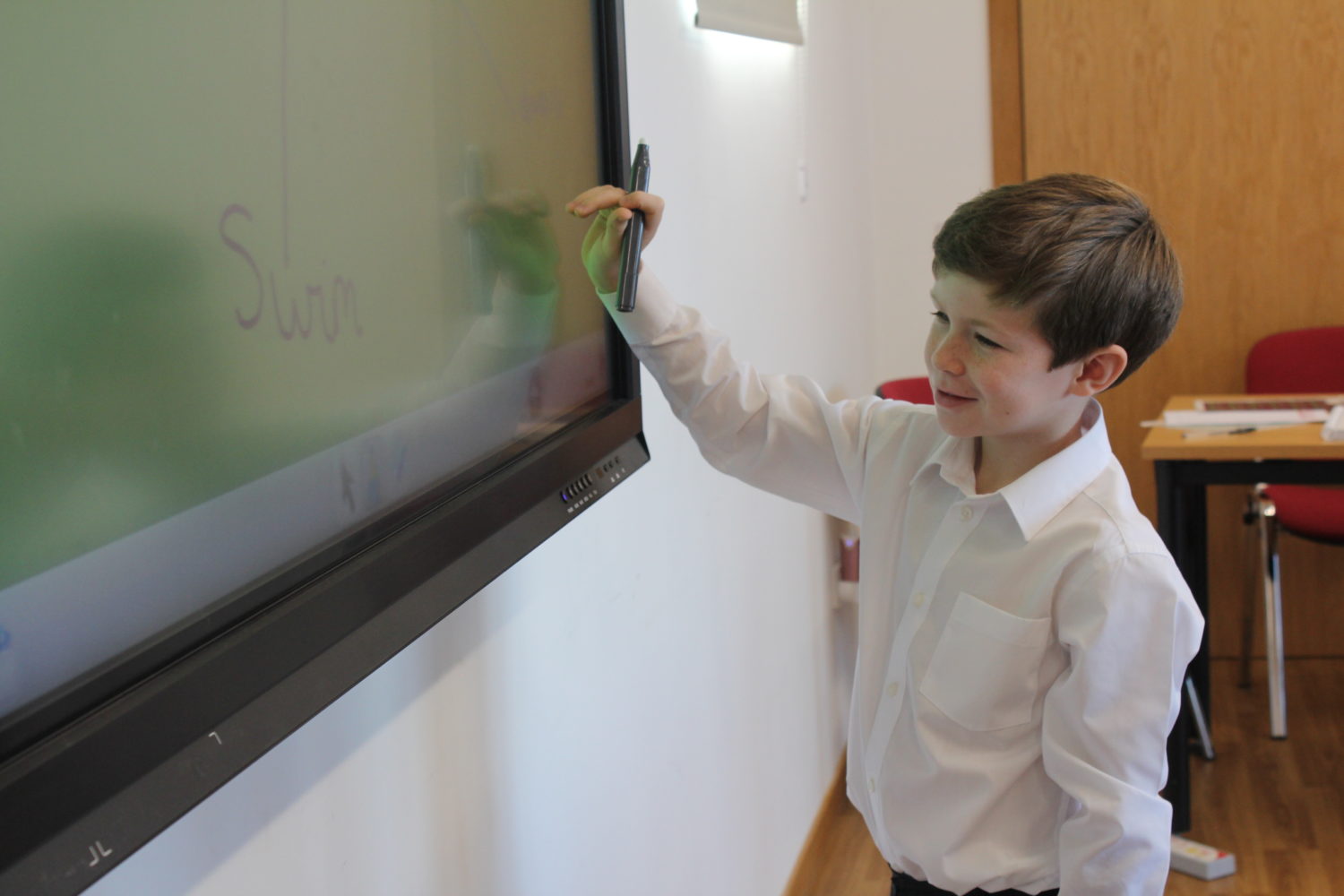Teaching for neurodiversity
What is neurodiversity?
Neurodiversity is a concept which recognises and respects neurological differences in the same way you would for other differences between individuals. Neurological differences can include:
- Dyslexia
- Attention deficit (hyperactivity) disorder (ADHD)
- Specific language impairment (SLI)
- Autistic spectrum conditions (ASC)
- Dyspraxia / Developmental co-ordination disorder (DCD)
- Dysgraphia
- Dyscalculia
Neurodiverse children and young people may find school challenging because of preferred learning styles or alternative strengths. Teaching to strengths is advisable for all children and young people, although it is not always possible in a full class.

Teach to strengths
Sometimes students aren’t aware of their strengths and it can be difficult for teachers to recognise. Examples of neurodiverse strengths include:
- Creativity
- Ability to visualise
- Practical skills
- Problem solving skills
- Lateral thinking skills
- Seeing the big picture
- Visual-spatial awareness
- High levels of motivation and persistence
- Hard-working
- Intuitive thinking
- Non-judgemental
- Attention to detail
- Logical
- Resourceful
All children and young people will have strengths, and it is our responsibility to find those strengths and use them to support teaching. Barriers to learning are the overall problem – tackling these barriers by using strengths is more effective than emphasising the barrier. In addition to teaching to strengths there are other classroom support strategies which can be used across the whole class.
All children and young people will have strengths
Classroom support strategies
It is important when teaching to have high expectations which are achievable with support. Here are some classroom support strategies to support learning for children and young people.
Boost self-esteem
Self-esteem and self-confidence should be nurtured and protected at all ages. Boosting self-esteem from an early age can prevent future problems towards education attitudes. Vague praise doesn’t support the child; be specific about what they did well, and be careful not to over praise individuals as they might think that you are being ingenuine. Avoid the word ‘but’ and anything negative. For example, it’s much better to say ‘be quiet’ than ‘no talking’ – try and keep restrictive ‘no’ commands to a minimum.
Understand challenging behaviour
Challenging behaviour is almost always a sign of an underlying difficulty or problem. Children and young people displaying challenging behaviour could be anxious, overwhelmed, frustrated, unable to concentrate or many other things. If you understand what is causing the challenging behaviour then it will reduce and you can provide specific support. Sometimes it’s as simple as taking the time to talk and ask questions which we can all do.
Reduce memory load
Some difficulties can be caused by being overwhelmed – to reduce this there are four simple ways to reduce memory load:
- Keep your language simple
- Allow “think time”
- Give one instruction at a time
- Make text reader friendly
Some of these take practice, but the results are worth the initial concentration.
Use assistive technology
Assistive technology can provide support in many areas. Children and young people who struggle to focus can be engaged for much longer than normal due to the novelty. Speech to text, and text to speech software helps with many different issues and should be encouraged. Also, not all children can write neatly enough to satisfy marking criteria, and instead of making these students feel conscious about this, teachers can encourage alternatives to handwriting.
Neurodiversity includes a range of thinking styles which leads to differing learning styles. Teaching to an individual’s strengths and using some of the above classroom strategies should lead to an improvement in an individual’s approach to learning, in turn maximising their potential. There may be times when learning needs are more complex and in these times, if you do find that you require a specialist assessment or strategies then our team of psychologists are here to help.











